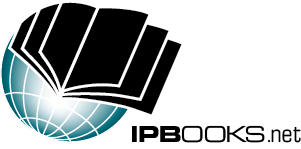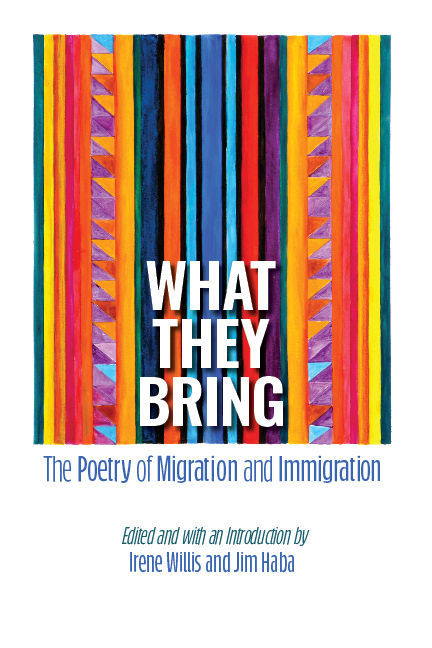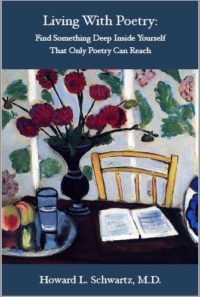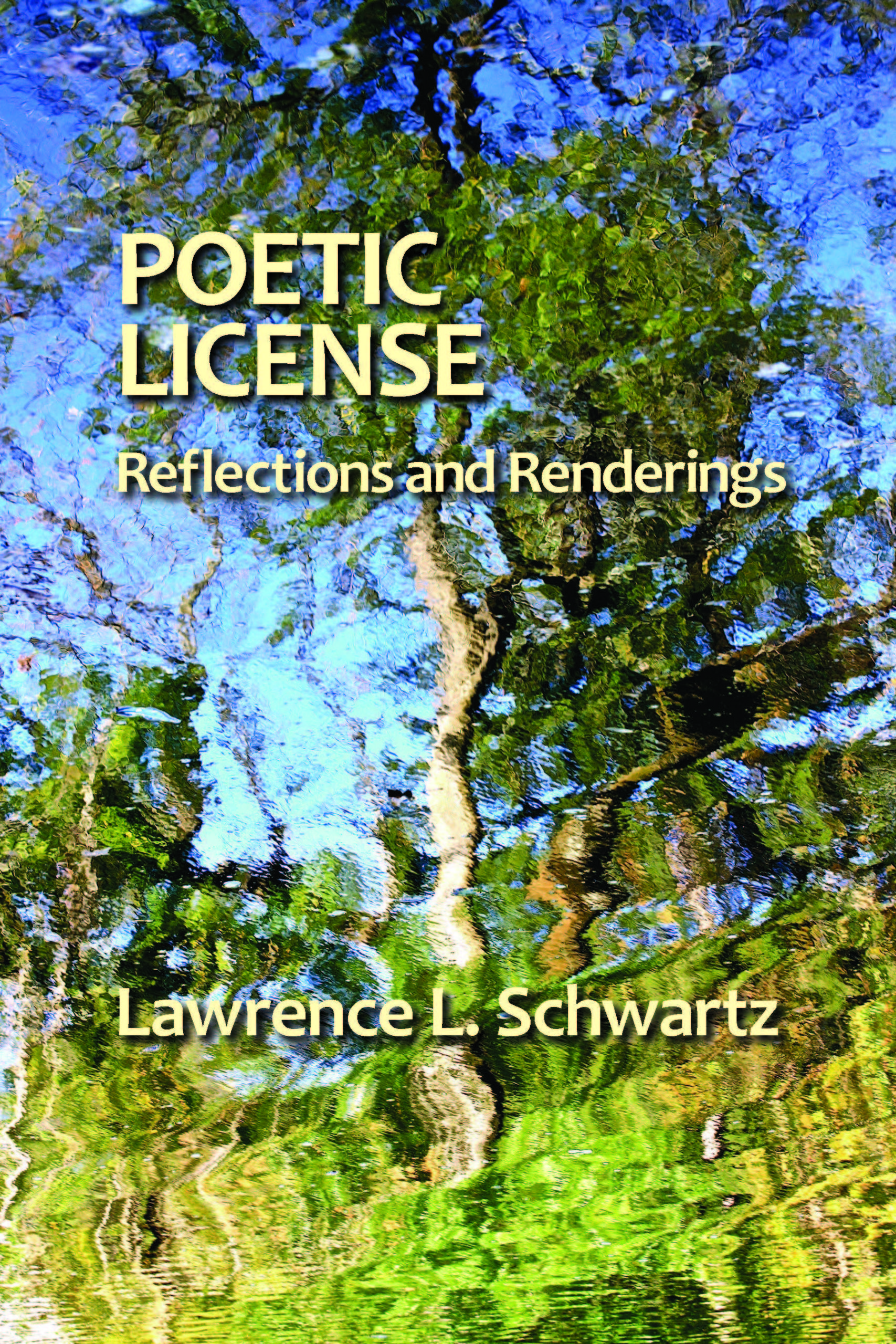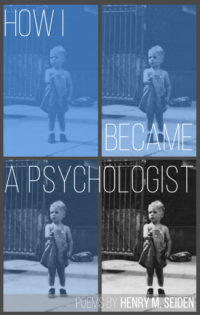What They Bring: The Poetry of Migration and Immigration edited by Irene Willis and Jim Haba
$19.95
ISBN: 978-1-949093-53-7
This is an anthology of poems by outstanding poets of diverse backgrounds (age, gender, race, ethnicity, religion, disability, sexuality, etc.) from the U. S. and elsewhere in the world. While the timeliness of the theme would suggest that its purpose is political, it is only incidentally so. Actually, it has the same aim as psychoanalysis: catharsis through emotional understanding that can lead to transformative change.
Although many poets have written about their personal experience as immigrants and that of their parents and grandparents, no single book of poems captures the experience of a diversity of cultures. For this book we have gathered Israeli, Palestinian, African-American, Hungarian, German, Hispanic, Indian, Pakistani, Chinese, Japanese, Native American, Jewish, Christian, Muslim. The poems reveal a range of experiences, from welcoming to hostile. Here, from Citizen: An American Lyric by African-American poet Claudia Rankine, is a striking (and shocking) example:
The new therapist specializes in trauma counseling. You
have only ever spoken on the phone. Her house has
a side gate that leads to a back entrance she uses for
patients. You walk down a path bordered on both sides
with deer grass and rosemary to the gate, which turns out
to be locked.
At the front door the bell is a small round disc that you
press firmly. When the door finally opens, the woman
standing there yells, at the top of her lungs, Get away
from my house! What are you doing in my yard?
It’s as if a wounded Doberman pinscher or a German
shepherd has gained the power of speech. And though
you back up a few steps, you manage to tell her you have
an appointment. You have an appointment? she spits
back. Then she pauses. Everything pauses. Oh, she says,
followed by, oh, yes, that’s right. I am sorry.
I am so sorry, so, so sorry.
Even moving from one neighborhood to another, or from one socio-economic class to another, can bring on episodes of discrimination, as in the one that follows:
What Are You?
What Are You?
Was the first question
the kids in my new neighborhood –
in every one of my new neighborhoods –
would ask, right after, What’s your name?
The first time, I didn’t know
what they meant. I was eight
and new at this.
A person, I’d say. A human being.
A girl. What do you think I am?
You know what we mean, they’d say.
What nationality?
American, I’d say. I’m American.
They’d laugh. You can’t be.
Nobody is. You have to be
something.
–from Reminder by Irene Willis (Word Poetry, 2014)
About the Editors
Irene Willis is an award-winning poet, who has published five well-reviewed collections plus an anthology Climate of Opinion: Sigmund Freud in Poetry (IPBooks, 2017). Three times nominated for Pushcart Prizes and once for a National Book Award, her poems also appear in many journals and anthologies. She has had a distinguished Artist Fellowship from the NJ State Council on the Arts, a residency fellowship from the Millay Colony for the Arts and grants from the Massachusetts Council on the Arts and the Berkshire/Taconic Foundation.
A longtime educator, she holds a B.S. from SUNY Fredonia, M.A.and Ph.D. from New York University and MFA in Poetry from New England College. She has taught in high schools, colleges and graduate schools, most recently at Westfield State University and American International College, both in Massachusetts.
She has curated and directed two poetry reading series, featuring famous and lesser-known poets and is a frequent reader of her own work at well-attended and reviewed performances.
Currently, she is Poetry Editor of the online publication, Internationalpsychoanalysis (www.internationalpsychoanalysis.net), where she has a monthly column called Poetry Monday.
Jim Haba is well-known in the poetry world as poet and teacher. The Founding Director of the Dodge Poetry Festival in New Jersey, the largest poetry event in North America, he also created and developed the Dodge Foundation’s biennial Poetry in the Schools Program, which brings poets directly into high schools to work with students and teachers. Readers may know him best as editor of Bill Moyers’ best-selling The Language of Life, and television viewers for three series of PBS programs made with Moyers.
In 2000 Poets House gave him the Elizabeth Kray Award, given annually to a member of the poetry community for distinguished contributions to the art. He received the Paterson Literary Review Award for Lifetime Service to poetry in 2013. He has had numerous other awards for his work, and in 2006 published two new chapbooks, Thirty-one Poems and Love Poems.
He is also a fine artist, whose ceramic tile murals and painted-paper collages are in collections throughout the eastern United States. He has studied at the Studio School in New York City and holds a B.A. from Reed College and Ph.D. from Cornell University.
In stock
